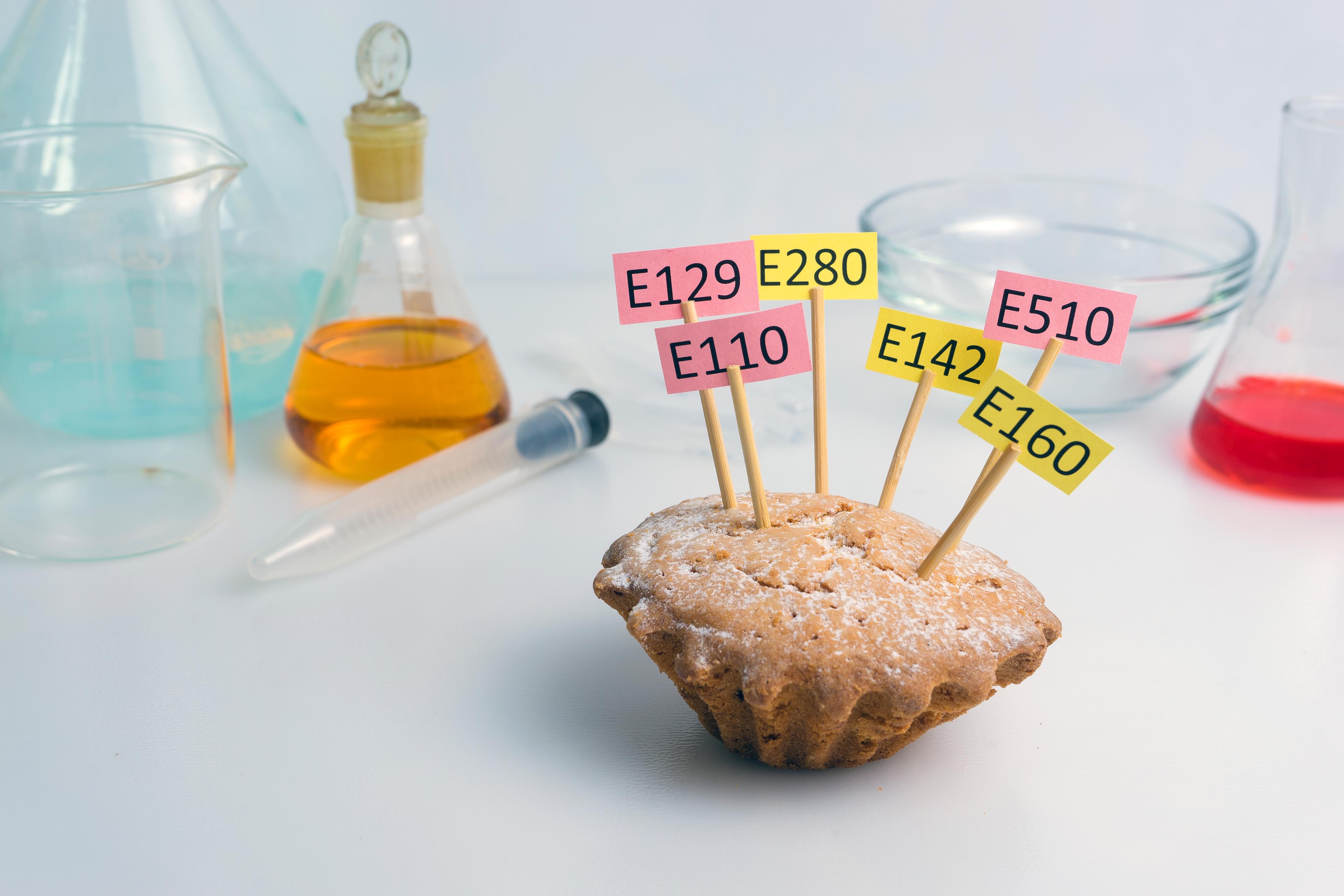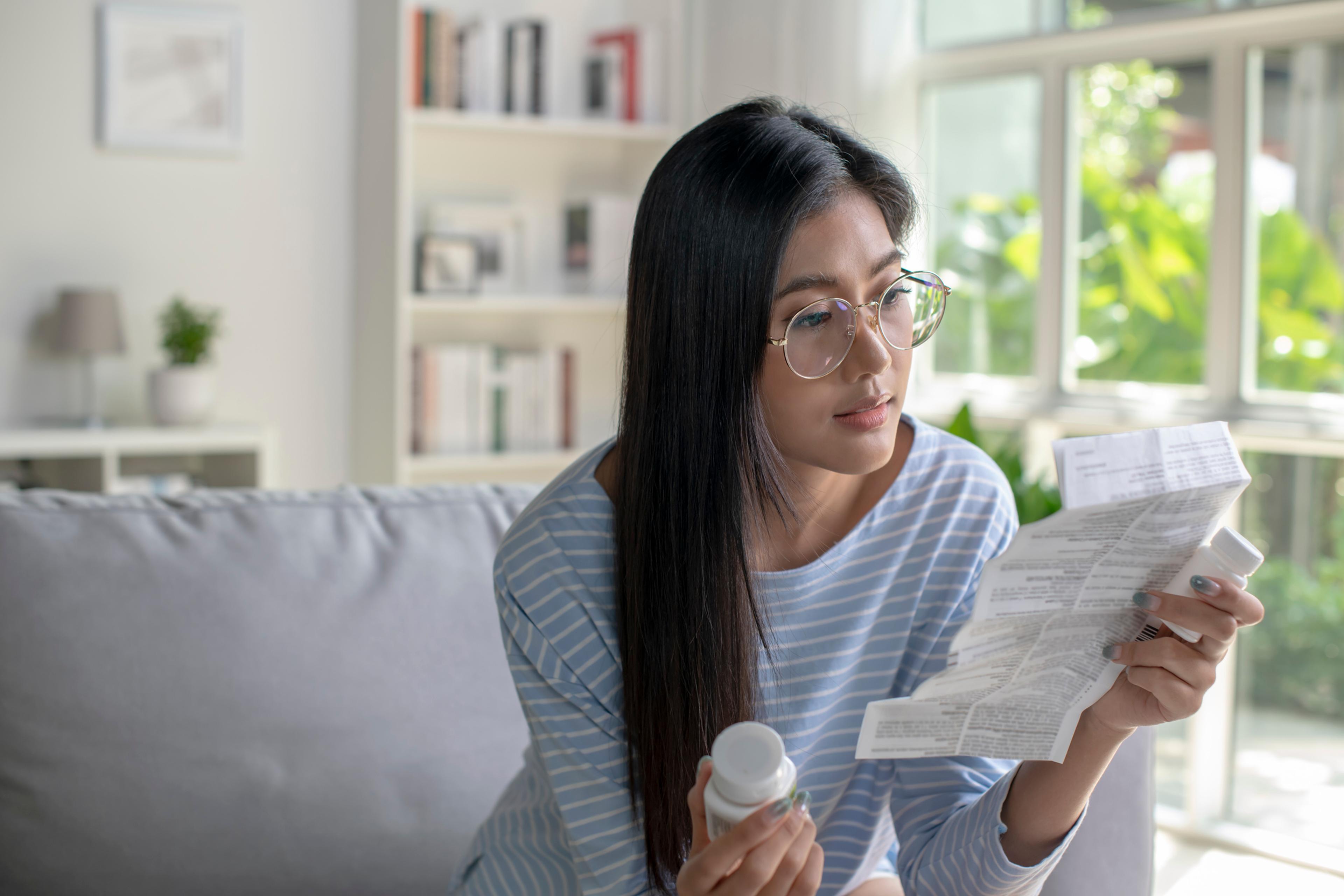Are Food Additives Harmful to Our Health?

Blue Daily
| 4 min read

For everyone who is trying to eat healthier, food additives are often things people zero in on. Additives can have a bad reputation - whether they deserve it or not. When people think about food additives, things like artificial flavors and red food dye come to mind. But are all food additives really harmful to our health?
What are food additives and why are they added to our food? First, it’s important to understand how common food additives are when it comes to all the things that are filling our plates every day. It’s estimated adults in the United States consume about 140 to 150 pounds of additives each year. But a lot of these are familiar ingredients. According to the Food and Drug Administration, food additives are any substance, or mixture of things, other than the basic food, that’s present in what we eat. These additives can be incorporated during any phase of food production or processing.
“So this means that if we’re looking at that 140 to 150 pounds of additives that we consume each year, a lot of that stuff is normal food items,” said Shanthi Appelö, a registered dietitian for Blue Cross Blue Shield of Michigan. “Our salt, our sugar, baking powder, yeast, things like that. So it’s not like we’re eating 140 pounds a year of preservatives.”
For example, lots of people like to start the day with a bowl of instant oatmeal. Some prefer it plain, while others like it served with prepackaged additives like spices and natural or artificial fruit flavors. Appelö said a lot of food additives have important functions. Some of these include:
- They make food more appealing or taste better
- They make food preparation faster
- They extend the shelf life of food, reducing waste
- They keep food safer, like the nitrites added to cured meats to prevent bacteria
Can some additives be harmful to our health? While food additives are mostly used with a good purpose, sometimes they can have harmful effects on health. People can be allergic to certain food additives. In other cases, people who consume a lot of salty additives - foods with MSG or sodium nitrate - can be in danger of developing high blood pressure.
“I like good-tasting food,” Appelö said. “But the negative part of that is that it often comes along with a lot of sodium. So for people with blood pressure issues, heart problems, that can pose a problem.”
Are there red-flag additives? There are some food additives that are more concerning than others. These include additives that can have long-ranging health impacts. Appelö highlighted a couple to be aware of:
- Artificial sweeteners. Whether you use Splenda - called sucralose on the label - or other little pastel packets of artificial sweeteners, be aware that they can confuse the brain about how full you really are. “I think that’s big,” Appelö said. “So for example, if you’re someone who tends to consume a lot of diet soda throughout the day, you’re consuming a lot of these artificial sweeteners. And that might impair the way that your body understands that it’s full and what it’s craving. And so in that way, it can lead to weight gain. So just something to pay attention to.”
- Fully hydrogenated oils. Not banned like trans fats, fully hydrogenated oils are in popular food products like the chocolate-hazelnut spread Nutella. The problem? They’re often paired with saturated fats. “They don’t have the same negative heart health effects like the trans fats do, but they still have negative consequences in the fact that they can influence cholesterol and things like that.”
A lot of unhealthy additives can be found in ultra-processed foods. This can include foods like sugary pre-packaged snack cakes or frozen meals. The bottom line: read the ingredient labels so you know what additives are in your food.
Listen to the podcast, What to Look for When Reading Food Labels, to hear the entire conversation. A Healthier Michigan Podcast is brought to you by Blue Cross Blue Shield of Michigan. To hear more episodes on your smartphone or tablet, subscribe on Apple Podcast or Spotify or your favorite podcast app.
Photo credit: Getty Images





